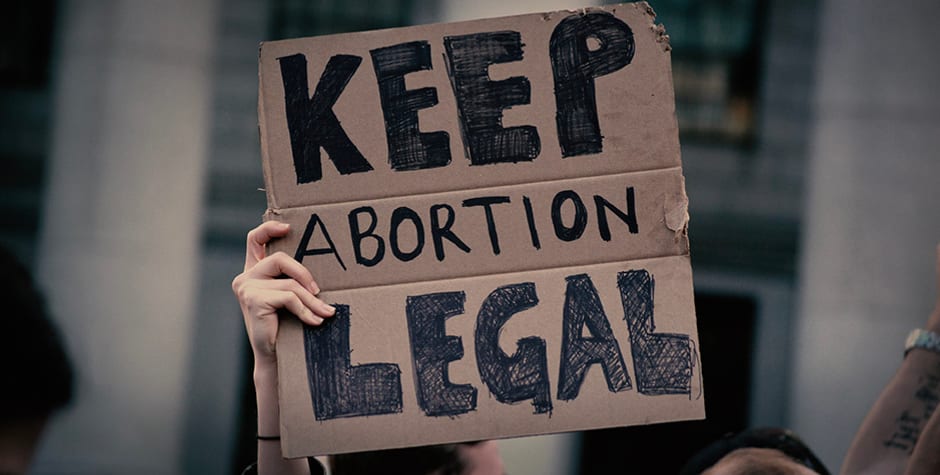Exposing the Fake Constitutional "Right" to Abortion
The State of Tennessee passed a law limiting abortions after a baby’s heartbeat could be heard and prohibiting doctors from knowingly performing abortions that target unborn children because of their race, sex, or Down syndrome status. Members of the abortion industry (including Planned Parenthood) sued. A federal trial judge granted an injunction against the law, and a divided three-judge panel of the U.S. Court of Appeals for the Sixth Circuit, which governs the federal courts of Michigan, Ohio, Kentucky, and Tennessee, recently (and wrongly) upheld the trial court’s injunction.
As we told you at the time, the American Center for Law and Justice (ACLJ) filed an amicus brief in support of the statute. We argued that the State of Tennessee should be permitted to prohibit selective abortion once there is evidence of a fetal heartbeat or in cases where an abortion is sought for discriminatory reasons, such as for the purpose of gender selection or in the case of a disability diagnosis. Permitting such discriminatory abortions revives discredited and dangerous eugenic practices, gravely damages the principle of equal treatment under the law, and undermines the value of human life.
The concurring/dissenting decision of Judge Thapar, who was appointed by President Trump, is particularly noteworthy because he exposes the falsehood of a constitutional “right” to abortion. Judge Thapar, as a lower court judge bound by Supreme Court precedent, felt compelled to join the other two judges (both appointed by President Clinton) in striking down the part of the law that limits abortions after a baby’s heartbeat is detected. He concluded that Supreme Court case law (Roe and Casey) required lower courts to strike down general bans on abortions before viability.
Judge Thapar properly explained, however, that Roe and Casey are “wrong as a matter of constitutional text, structure, and history.” He noted that, as Justice Thomas has stated, Roe and Casey created a right to abortion without any support from the Constitution’s text. This manufactured right has caused judges to be “enlisted as legislators, producing a make it up as you go abortion jurisprudence.” Our dual federal-state system was designed to ensure that state laws can reflect the values and principles of state residents concerning a variety of policy issues, including abortion, but Roe and Casey wrongfully diminished state legislative authority concerning abortion.
While the two-judge majority determined that the law’s ban on the performance of abortions based on the unborn child’s race, sex, or Down syndrome status was unconstitutionally vague, Judge Thapar dissented. He noted that the majority misapplied the governing case law and usurped the democratic process of the State of Tennessee. He correctly explained that the majority’s “decision to strike down the anti-discrimination statute at the altar of abortion is wrong.”
Judge Thapar’s well-reasoned decision will have an impact in future cases about the abortion issue around the country. As Judge Thapar explained, the historical evidence is clear that the Constitution does not contain a right to abortion, but rather reserves abortion policy decision-making to the various state legislatures.
Tennessee will likely request that the three-judge panel decision be reviewed by the entire Sixth Circuit (all active judges) or by the United States Supreme Court. We will continue to monitor this case, and likely file additional briefs, as it moves forward.
